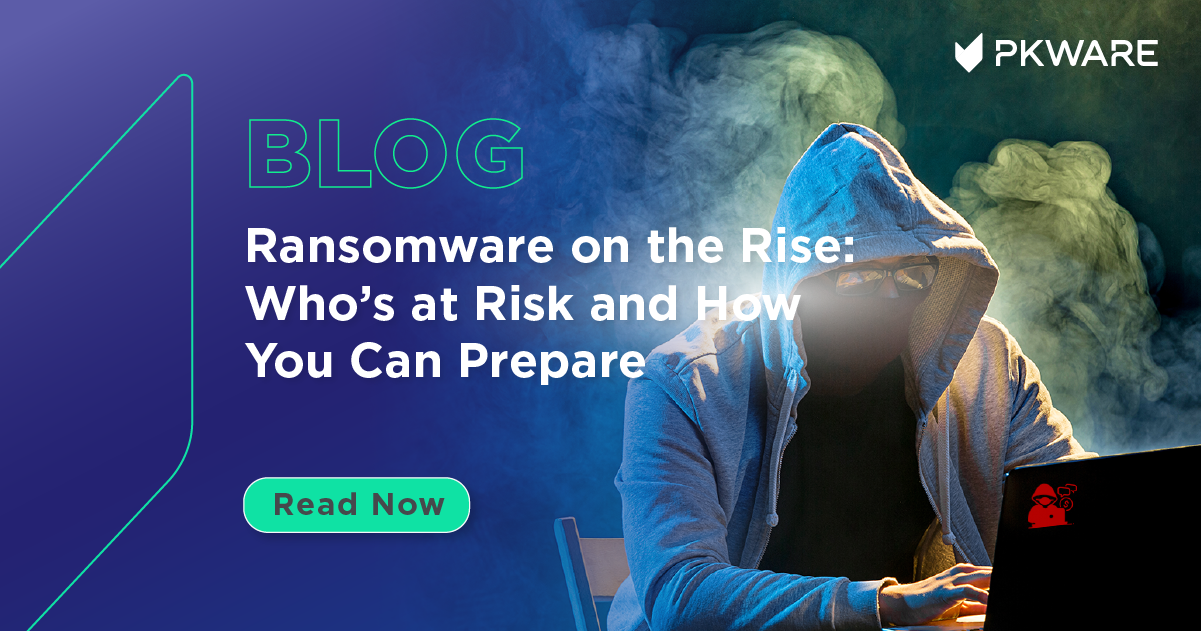Digital Kidnapping: Ransomware on the Rise
Ransomware, a malicious software program that restricts access to a user's data, has become a growing threat in the digital age. By encrypting files, this software essentially holds a victim's information hostage, demanding payment for its release. This digital kidnapping can have devastating consequences for individuals and organizations alike.
Individuals targeted by ransomware attacks often find their personal documents, photos, and financial records locked away. The attackers, often anonymous cybercriminals, demand ransom payments, typically in cryptocurrency, in exchange for a decryption key. These payments can range from hundreds to thousands of dollars, creating a significant financial burden for victims. Additionally, the emotional distress of potentially losing irreplaceable data can be immense.
For businesses, the repercussions of a ransomware attack can be even more severe. Companies can face operational disruptions, leading to lost revenue and productivity. The potential for sensitive data breaches further amplifies the damage. Leaked customer information or internal documents can severely tarnish a company's reputation and lead to hefty fines or legal repercussions. The healthcare sector is particularly vulnerable, as patient data is highly valuable on the black market.
The rise of ransomware can be attributed to several factors. The increasing reliance on digital data makes us more susceptible to attacks. Additionally, the anonymity provided by cryptocurrency allows cybercriminals to operate with less fear of prosecution. Furthermore, the sophistication of ransomware is constantly evolving, making it more difficult to detect and remove.
Combating this digital threat requires a multi-pronged approach. Regular backups are crucial for data recovery in the event of an attack. Businesses and individuals alike should invest in robust cybersecurity software that can identify and block malware. Additionally, user education is essential to raise awareness of phishing scams and other tactics used to spread ransomware. Encouraging a culture of cyber hygiene, where users exercise caution when opening emails and downloading files, can significantly reduce the risk of infection.
Law enforcement agencies are also stepping up their efforts to dismantle ransomware gangs and disrupt their operations. International cooperation is key in tracking down these criminals and holding them accountable. However, as technology continues to evolve, so too will the tactics of cybercriminals. Constant vigilance and adaptation are essential to stay ahead of this ever-present digital threat.
While there is no foolproof solution to ransomware attacks, taking proactive measures can significantly minimize the risk and mitigate the damage. By prioritizing data security and staying informed about the latest threats, we can work towards a more secure digital landscape.


Join the conversation